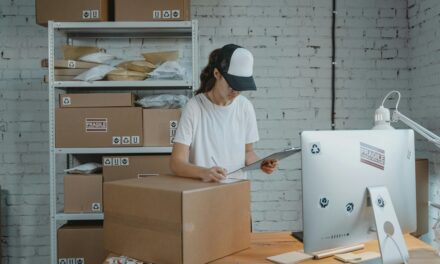
Royal Mail study backs marketing power of unaddressed mail
Nine out of every ten people in the UK are happy to receive regular unaddressed mail from retailers, according to new research commissioned by Royal Mail. The study from FreshMinds Research found that door drops from retailers are the most popular among British consumers, followed by the fast-moving consumer goods sector.
Of 2008 people surveyed, 81% said they preferred to receive retailer mailings up to twice a month, though a quarter of respondents said they were happy to receive items a few times each week from retailers.
About three in four consumers were happy to receive mailings twice a month promoting consumer goods.
Commenting on the research, Royal Mail also pointed to the “strong cut through” of delivered door drops – 89% of consumers remembered receiving unaddressed mail in the previous two weeks, compared to only 80% recall for television or radio adverts.
Tactile
Philip Ricketts, Royal Mail’s Head of Strategy, Marketing and Sales for Door to Door, said the tactile nature of advertising mail made it “highly memorable”, particularly compared to screen media.
It also means that relevant advertising and coupons can be retained easily for later use – 45% of those questioned kept leaflets on a pin board or in a kitchen drawer.
Ricketts also pointed to the ability for local advertisers to get through to consumers in their areas via unaddressed mail services.
The survey found that nearly 50% of consumers were happy to receive mail about local services.
“Unaddressed communication is proving to be a particularly import method of delivering information that is locally relevant. It is a form of advertising that is set to play an increasingly important role in local communications with the footprint of local newspapers in decline,” said Ricketts.
Royal Mail revealed its own version of a QR code earlier this summer, a system that will allow consumers to access online information via smartphones by scanning a digital watermark on a mailpiece, using a special app called Digital Space.










![Citizens Advice: We continue to see millions of people chasing lost parcels [and] having their accessibility needs ignored](https://postandparcel.info/wp-content/uploads/2020/12/parcels-440x264.jpg)

